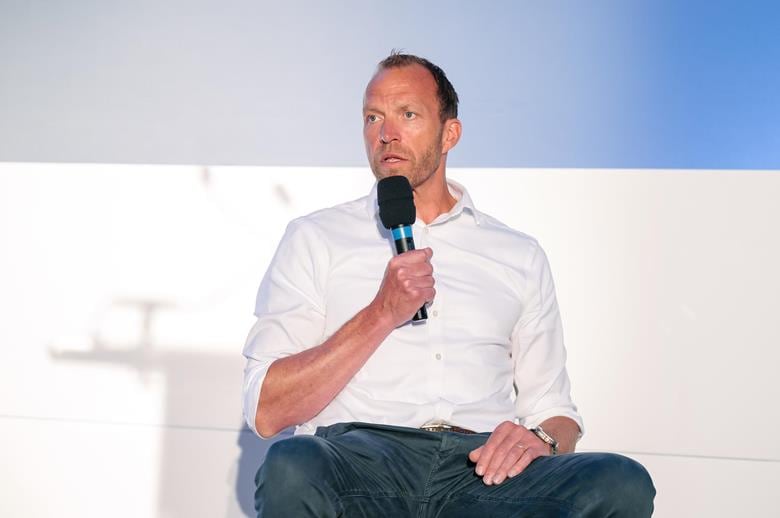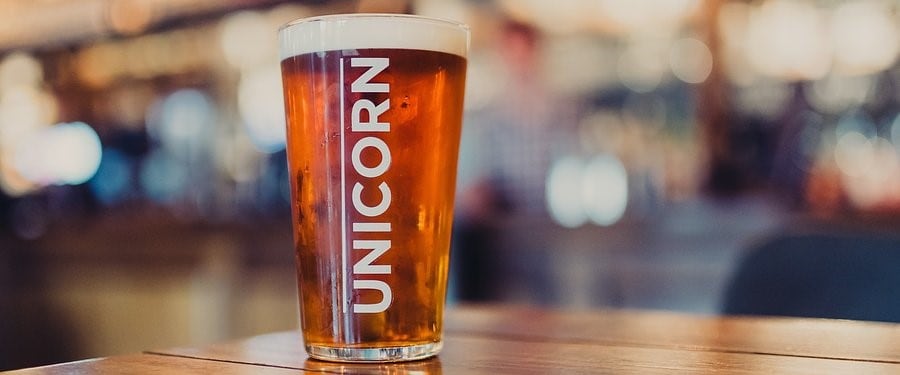Joint managing director William Robinson said continued investment was essential to the 250-strong pub group’s growth even in a challenging economic environment.
“Investment drives growth and without growth you go backwards,” he said. “It’s a fundamental pillar of what we do.”
Balancing cost pressures
The brewer estimates the business will cost around £2m more to run this year, following higher employment, energy and supply costs. While the increase has forced the company to find savings elsewhere, Robinson said capital spending has been protected through tighter procurement and technology-led efficiencies.
A major systems overhaul completed last year has improved financial reporting, rota planning and labour management, helping the group offset some inflationary pressure. Robinson described the upgrades as “a form of capital investment in themselves”.
He also highlighted growing barriers to funding across the wider sector, with smaller operators finding it harder to secure finance. “There is a resistance within the banking and finance sector to get behind hospitality,” he warned, adding that rising energy costs and supply-contract changes were discouraging investment among publicans.
Refurbishments and rooms
The majority of Robinsons’ current capex is directed towards refurbishing pubs, adding bedrooms or function rooms and upgrading trading areas across both the managed and tenanted estates.
Having spent heavily over the past decade to improve property standards, the group has seen routine maintenance costs fall, freeing up capital for development.
“We’ve invested very heavily in improving the quality of the estate. Our maintenance spend is dropping because of those investments.”
Around 80% of design and project management is handled internally, allowing Robinsons to react quickly and maintain visibility of its 18-month to two-year pipeline. The in-house approach, he added, also safeguards skills and continuity through market fluctuations.
Following its £8m brewery consolidation project, investment in production is now expected to stabilise. The business continues to assess future needs for bottling and packaging while maintaining the building fabric of its Stockport site.
Sustainability remains a key priority, though progress is limited by local grid capacity. Plans to install electric kitchens at two pubs have been delayed due to infrastructure upgrades, while solar panels are being fitted across sites and low-level EV chargers introduced at pubs with accommodation.
The brewer is also working with Cap Energy on metering and energy-management projects and has extended its Greener Pub Retailing initiative to help licensees reduce waste. “Consume less, waste less,” Robinson said, adding that the business tracks prep, cooking and plate waste to refine menus and lower costs.
Robinson said future investment levels would depend partly on government policy around business rates and VAT. He urged ministers to learn from the pandemic period when a temporary VAT cut boosted sector recovery and encouraged reinvestment.
“The first letter through the letterbox after you’ve done an investment can’t be an increase in business rates,” he said. “If government can address that and avoid adding further taxation, we can continue to invest as we would wish to.”


